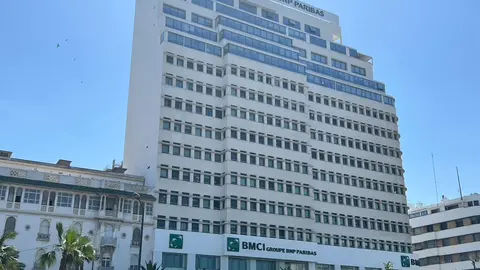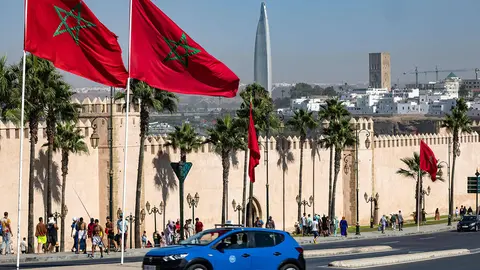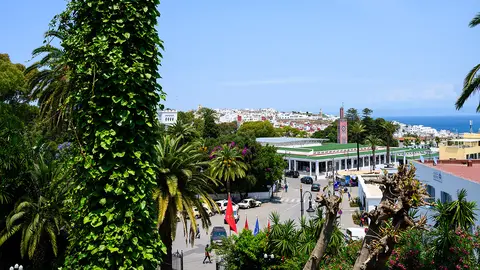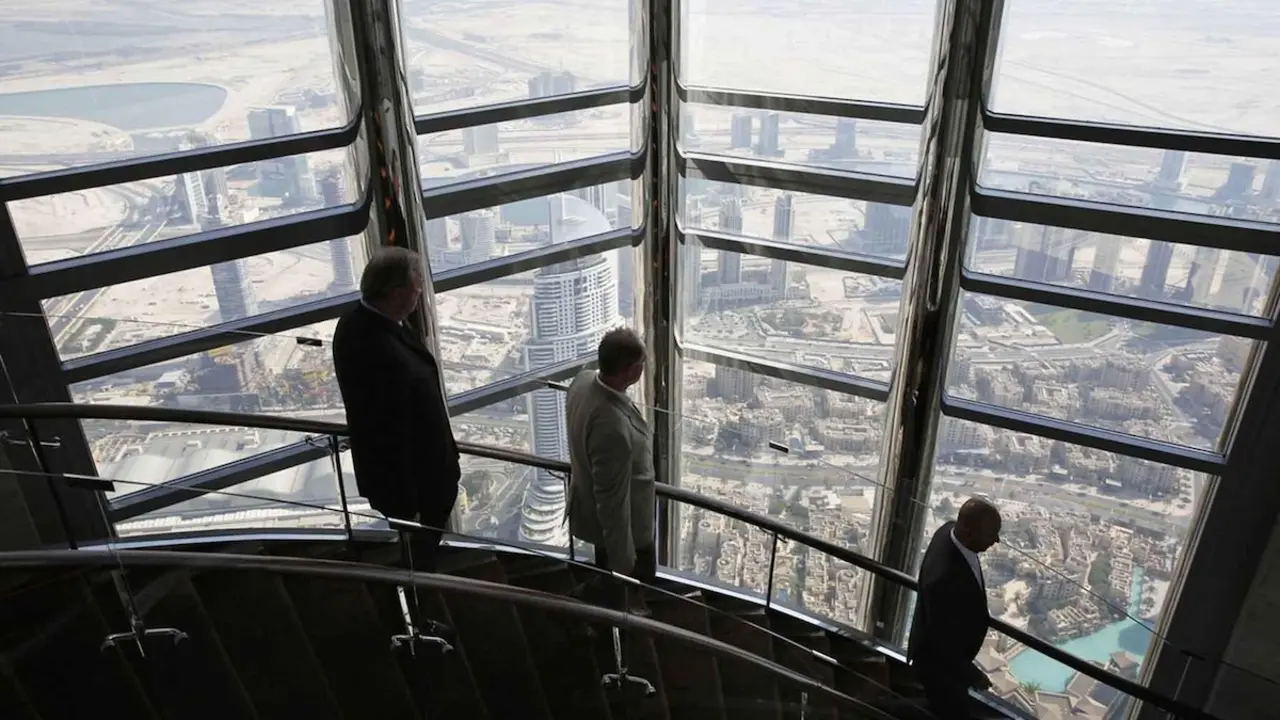Morocco boosts its economy despite obstacles

In a recent article, El Economista highlights Morocco's strategy to become a model of resilience, managing to curb record inflation while maintaining strong economic growth, despite facing numerous challenges such as drought, the September earthquake, as well as global problems such as the world economic crisis.
"The North African nation's impressive results have caught the attention of international organisations and analysts, who now see Morocco as an example of effective economic management in the face of adversity," the Spanish media outlet notes.
The article comes after the World Bank praised the Kingdom's economy, saying it has become "much more resilient".
According to the Organisation for Economic Co-operation and Development (OECD), Morocco's GDP grew by 3.5% in 2023, a significant improvement on the 1.1% growth recorded the previous year. This growth rate also exceeded the OECD average of 1.6%.
The article attributed Morocco's success to two key factors: strong domestic demand and a resilient export sector. Despite obstacles such as inflation, drought and the aftermath of the earthquake, private consumption in Morocco grew from 2.2% to 3.1%. According to the OECD, this growth occurred despite "inflation putting pressure on households and severe droughts that negatively affected their prospects".
The International Monetary Fund (IMF) has also echoed this situation. "Morocco has experienced genuine economic growth in 2023, driven by recovering domestic demand and thriving exports," IMF staff member Roberto Cardarelli was quoted as saying by El Economista. "We expect its GDP to continue to grow, reaching 3.5%, supported by higher investment and lower inflation", he added.
But if there is one thing the article points out, it is that, although the inflation rate soared to 11% in February 2023, Rabat managed to control it through a combination of targeted subsidies and monetary policy measures. Thanks to these measures, inflation has fallen to 2.3% in February 2024 - with core inflation at 2.9% - in line with the Moroccan central bank's target.
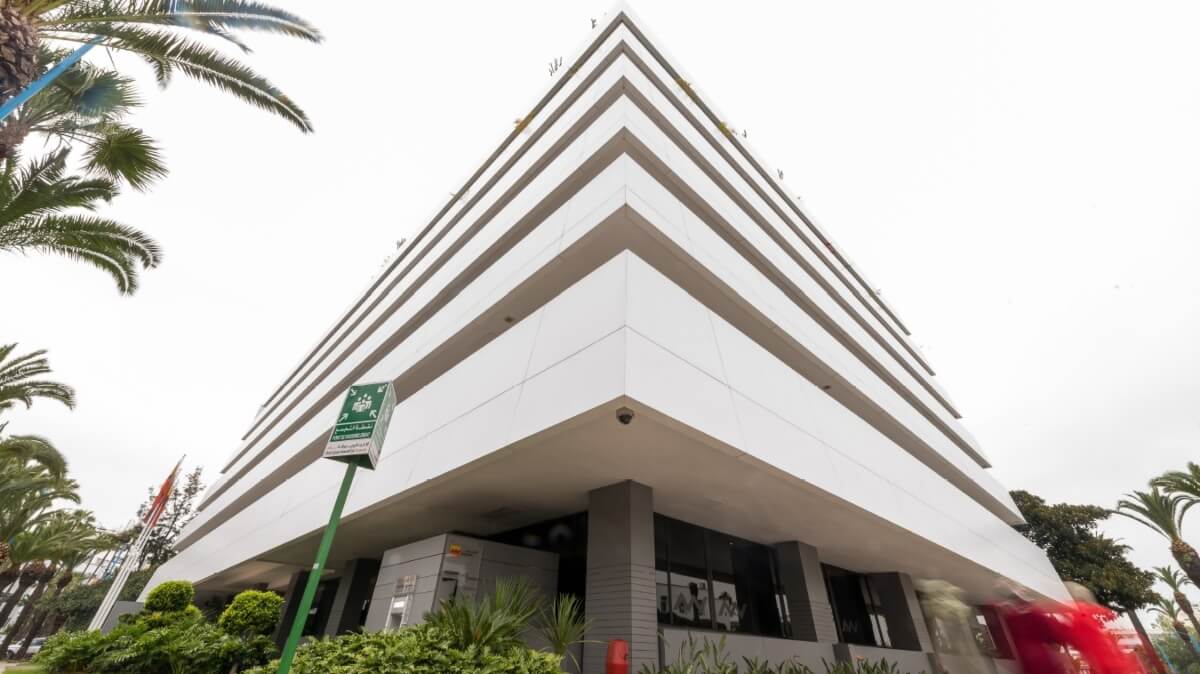
"With the dirham stabilised by interest rate hikes (and the liquidity cushion), subsidies have limited the pass-through of global prices to its economy," the OECD recently stressed, according to the media. On the other hand, Fitch has estimated that these subsidies and fiscal support programmes cost around 2.2% of the country's GDP each year.
Also Bank Al-Maghrib, Morocco's central bank, played a crucial role in keeping interest rates at 3% from April 2023. "Morocco needed to see the commodity and energy shock dissipate," says El Economista, drawing on analysts at Caixabank.
Morocco's success in controlling inflation has also been helped by a programme of restrictions on exports of key commodities, particularly energy and food. For example, in October 2023, the country banned the export of olive oil. Despite these temporary limitations, Morocco's foreign trade has become one of the pillars underpinning its growth, reports El Economista.
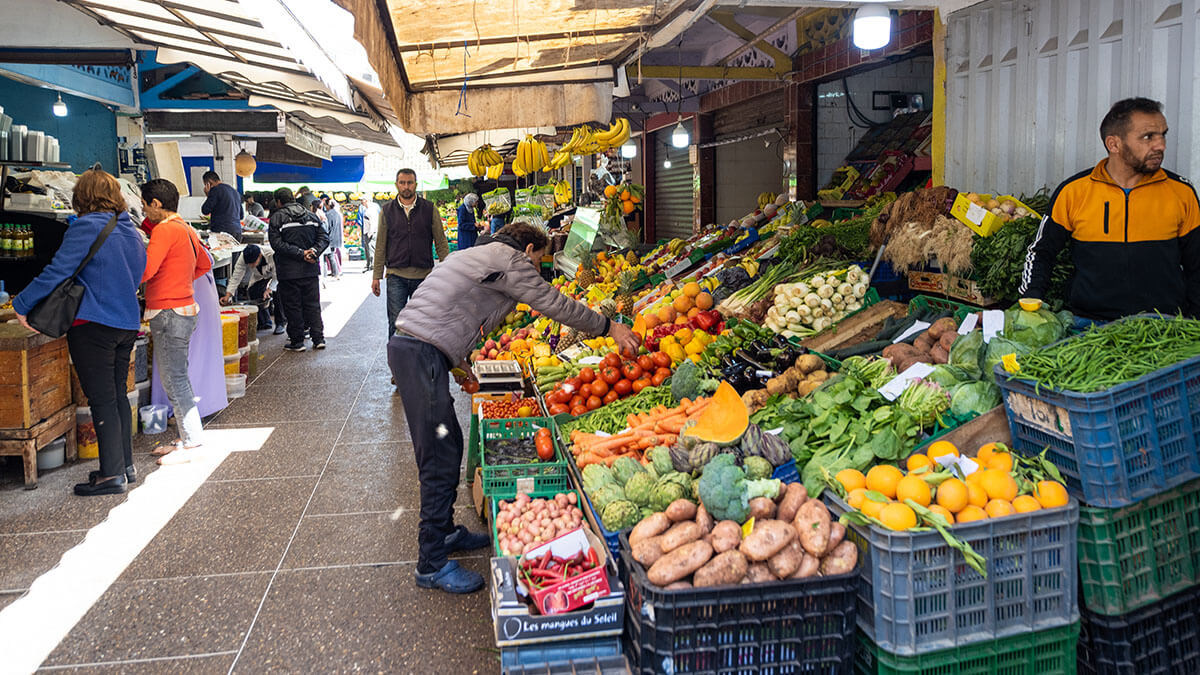
Exports not only avoided a downturn but even posted a slight increase of 0.2%. This was mainly due to the automotive sector, an industry that has seen a 27% increase in exports, with the Stellantis and Renault plants operating at full capacity. Other sectors, such as chemicals and agriculture, also grew at a similar pace.
"The variety and diversification of Morocco's exports have been key," explained analysts at Allianz. "Despite droughts that limited the strength of its agricultural industry, exports of this sector, phosphates and manufactured goods (automotive components, conductors and wires) have managed to reduce the external deficit," they add.
Morocco's resilience was also evident in the tourism sector, an industry that achieved an all-time record in revenues despite last September's earthquake. Tourism revenues soared 11.7 per cent to 9.5 billion euros, with the arrival of 14.5 million visitors, according to El Economista.
Challenges facing the Moroccan economy
However, despite its successes, Morocco's economy faces numerous challenges. In this regard, poor harvests due to droughts and climatic problems have been one of the main problems, as agriculture is a key sector in the Kingdom.
Another challenge is the unemployment rate, which, despite reaching a low of 11.2% in the summer of 2023, has risen again to 13% in January 2024.

In addition, at the regional level, there are difficult relations with Algeria, which may disrupt energy supplies. "Morocco faces the risk of a resurgence in commodity prices, especially for imports such as liquefied natural gas (LNG)," an analyst told El Economista. "Diplomatic disputes with neighbouring Algeria have disrupted gas supplies, affecting power plants and posing security challenges," he added.
Another threat to Morocco's economy is related to the issue of wage demands, as the country's largest trade union, the Union Marocaine du Travail, calls for a 60 per cent increase in the minimum wage and a general 29 per cent increase in the public sector. According to El Economista, this could raise spending at a critical time, as the deficit remains a problem for the North African nation.

Despite these challenges, Morocco has demonstrated resilience and the ability to overcome numerous obstacles. The authorities' effective management of inflation, coupled with strong domestic demand and a thriving export sector, have positioned the Kingdom as a leading nation on the global economic stage.

